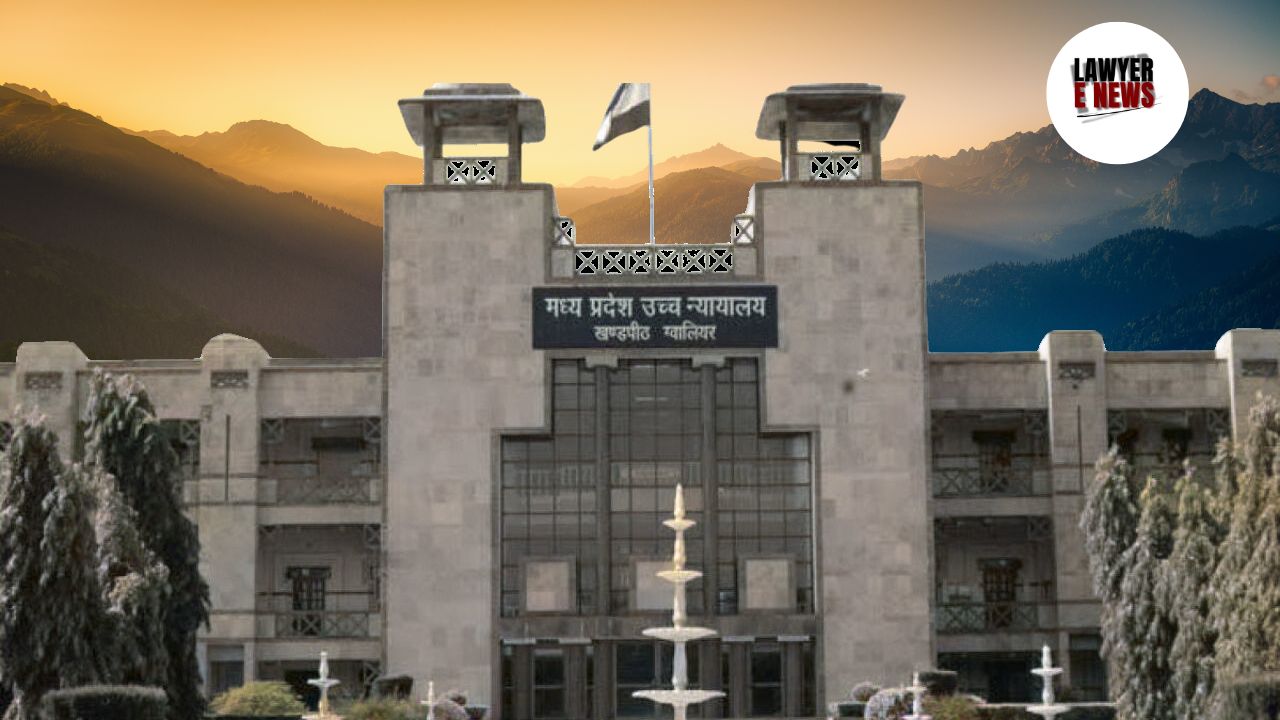-
by Admin
15 February 2026 5:35 AM



Madhya Pradesh High Court ruled against the denial of passports based solely on the criminal antecedents of the applicants' family members. Justice Subodh Abhyankar emphasized the constitutional guarantee of equality and directed the passport authorities to reassess the applications, reiterating that a person's eligibility must hinge on their individual character verification, not the misdeeds of relatives.
"Criminal Background of Husband or Father-in-Law Cannot Reflect on Applicant"
The Court firmly rejected the rationale employed by authorities in denying passports to the petitioners, stating:
"The criminal antecedents of her husband and father-in-law cannot be taken into account to assess her character and her application for issuance of a passport, as the respondents are required to pass the order only on the basis of the petitioner’s character verification, and not that of her husband or father-in-law’s criminal antecedents."
Justice Abhyankar's ruling came in light of an earlier direction in 2021, where the Court had ordered the authorities to reassess a similar application by the petitioner Farzana Bano without factoring in prior adverse reports. However, the authorities once again denied her application, citing the same reasons, which the Court found to be in "cavalier disregard" of its prior order.
Farzana Bano and her son, Mohd Wazib Chhipa, approached the High Court after their passport applications were rejected due to alleged "criminal family backgrounds." Authorities highlighted the involvement of Bano's husband and father-in-law in multiple narcotics and criminal cases under the NDPS Act. However, the petitioners themselves had no criminal cases against them.
Farzana's earlier application had also been rejected on similar grounds, leading her to file W.P. No. 10154/2021. In that case, the Court directed a fresh assessment without considering her family's criminal history. Despite this, the authorities persisted with the same justification in their rejection dated November 17, 2022.
The Court underscored the constitutional protection granted to all citizens, stating:
"The petitioner also enjoys all the fundamental rights as any other citizen of this country."
The judge criticized the passport authorities for their failure to adhere to the 2021 directive and noted:
"It is apparent that the respondents have not cared to comply with the order passed by this Court… and have passed the order in a cavalier manner."
Rejecting the authorities' reasoning, the Court reiterated that the assessment for passport issuance must strictly be based on the applicant's own criminal record, not that of their relatives.
Relief GrantedThe High Court quashed the rejection order of November 17, 2022, directing the authorities to reassess the petitioners' cases within four weeks and issue passports if no individual disqualification exists. The Court further instructed the authorities to complete the entire process within six weeks, ensuring no undue delays.
The Madhya Pradesh High Court's decision serves as a significant affirmation of individual rights, ruling that family associations cannot unjustly curtail a citizen's freedoms. By directing compliance with constitutional principles and prior orders, the judgment safeguards against arbitrary administrative actions and ensures equitable treatment under the law.
Date of Decision: November 7, 2024
